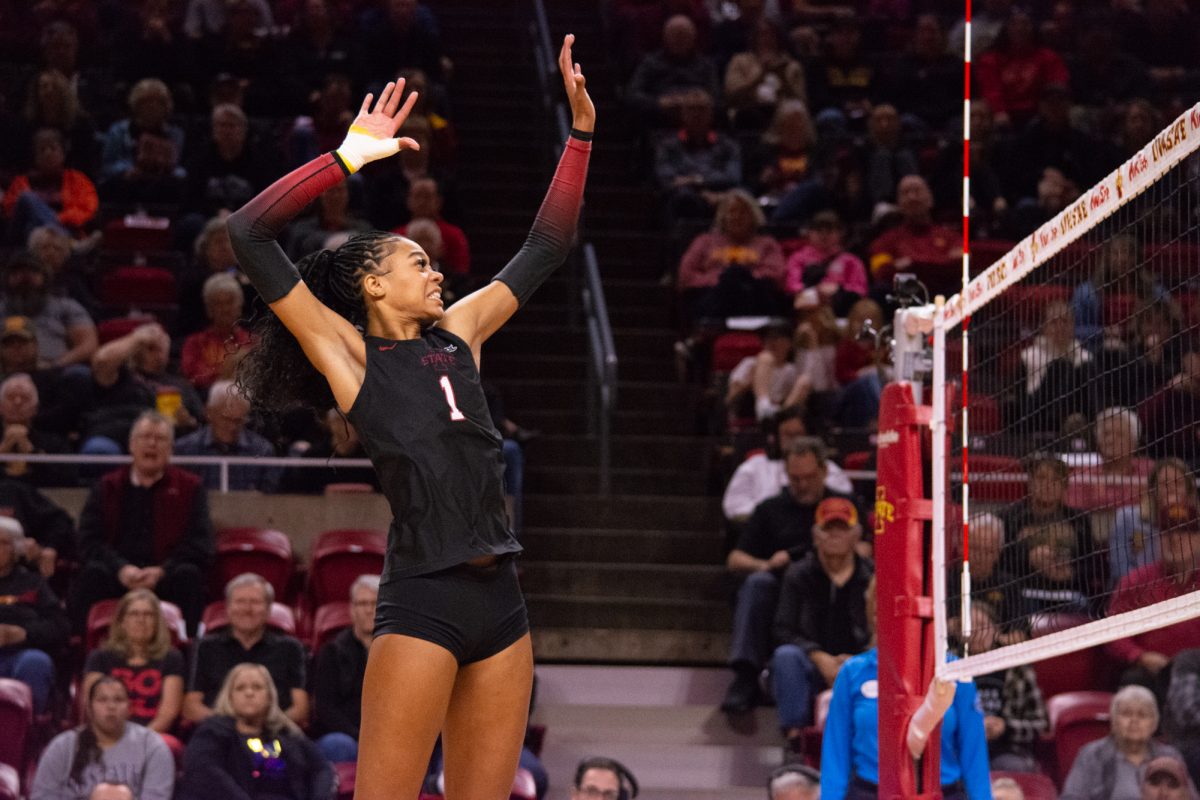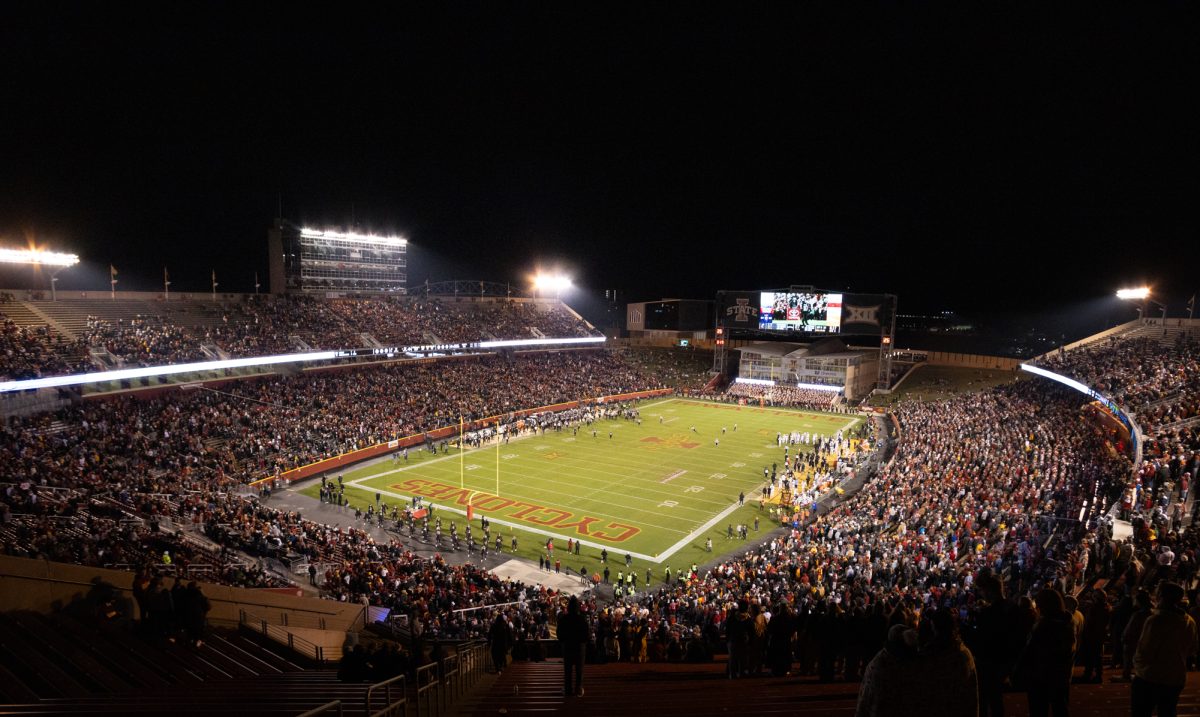COLUMN: Gay marriage an attempt to equalize social rights
April 25, 2004
The issue of gay marriage has found itself in the light of the media fairly often in the last couple of months. However, it’s been on the back burner of the political agenda even prior to the passing of the Defense of Marriage Act in July of 1996.
Recently the issue of gay marriage has been brought to light as an issue of inequality, sparked the newly proposed federal amendment to ban gay marriage.
According to The Advocate, Donna Triggs and Donna Moore, both 54, pay $2,177 (13 percent) more each year in state and federal income taxes than a married couple earning the same amount because they cannot file a joint return.
Also, if Ms. Triggs died as a result of an injury at work, her spouse would receive $884 per week ($45,968 per year, up to a maximum of $207,722) in workers’ compensation benefits.
However, because Ms. Triggs and Ms. Moore cannot marry, Ms. Moore would receive nothing in workers’ compensation benefits.
This is just one example of a same-sex couple that has been denied benefits afforded to heterosexual couples. Census data from 2000 revealed there are at least 600,000 homes containing same-sex partners — a figure which many believe to be extremely low.
Nevertheless, if only 25 percent of these couples were married, they would collectively save more than $326 million per year just by being able to file joint tax returns.
This example does not take into account the vast number of other federal protections automatically afforded to all heterosexual married couples under the protection of the current laws, most of which are impossible to be granted to same-sex partners.
The issues associated with gay marriage go beyond just the right to file joint taxes. They include many topics, a few of which are politics and ethics.
The separation of church and state is an institution that has been upheld since the original drafting of the preliminary Constitution; however, religious right-wing Catholic clergy have been attempting to impose their denomination’s definition of marriage and their rules for sanctifying marriages on the Constitution.
According to The Advocate, in July 2003 the Vatican launched a global campaign against gay unions in a bid to stem the tide of widening legal recognition for same-sex marriage.
The Congregation for the Doctrine of the Faith issued a document saying that Roman Catholic politicians have a moral duty to oppose laws granting legal rights to gay couples and non-Catholics should follow their lead since the issue concerns natural moral law.
Although right-wing Catholics have such a zealous attitude against same-sex marriage, this is not the view held by a majority of religious sects.
More than 600 church leaders have urged Massachusetts Gov. Mitt Romney to avoid the attacks on the issue of same-sex marriage.
A section of the letter reads, “For us, there is no shame or sin in being homosexual. For us, love, commitment, respect and caring define marriage, not gender. Other churches have the right to disagree with us and they have the right to promote their own teachings and regulations within their communities. They do not, however, have the right to impose their religious beliefs on others.”
The letter was signed by Rabbi Devon Lerner, co-chairman of the Religious Coalition for the Freedom to Marry, which is composed of clergy from a multitude of different faiths from all over the world including the United Church of Christ, Episcopal, United Methodist, Baptist, and the Unitarian Universalistic Associations.
Moreover, in addition to political reasons for the legalization of same-sex marriage is the biological argument behind homosexuality.
I believe, as a homosexual male, that a person’s sexual identity, although somewhat determined by surroundings, is largely determined genetically.
If this is the case and homosexuality is based solely on a person’s genetics, how can a society designed to give equal rights to all of its citizens deny some of its citizens the right to marry because they were born with a genetic difference?
That’s like saying a person born with Down’s syndrome cannot marry because he or she has a disease that makes him or her different from the rest of society. How justified is that?
The same-sex marriage argument has been around for a long time; however, only in recent months has it gained momentum as an organized movement.
As a movement, the homosexual community recognizes that it has a large audience of people with opposing view points; nonetheless, consider this: The advantages to the ethical treatment of individuals is an argument that is flawless.
How can one argue that the fair and dignified treatment of individuals who are biologically different yet humanly identical be a disadvantage to the society as a whole?
It is necessary for our society to be accepting of all walks of life and treat all people with fairness regardless of race, ethnicity, age, gender, religion and sexual orientation.
Dominic Ferraro is a freshman in pre-business from Glendale Heights, Ill. He is a cabinet member of the LGBTA Alliance.





